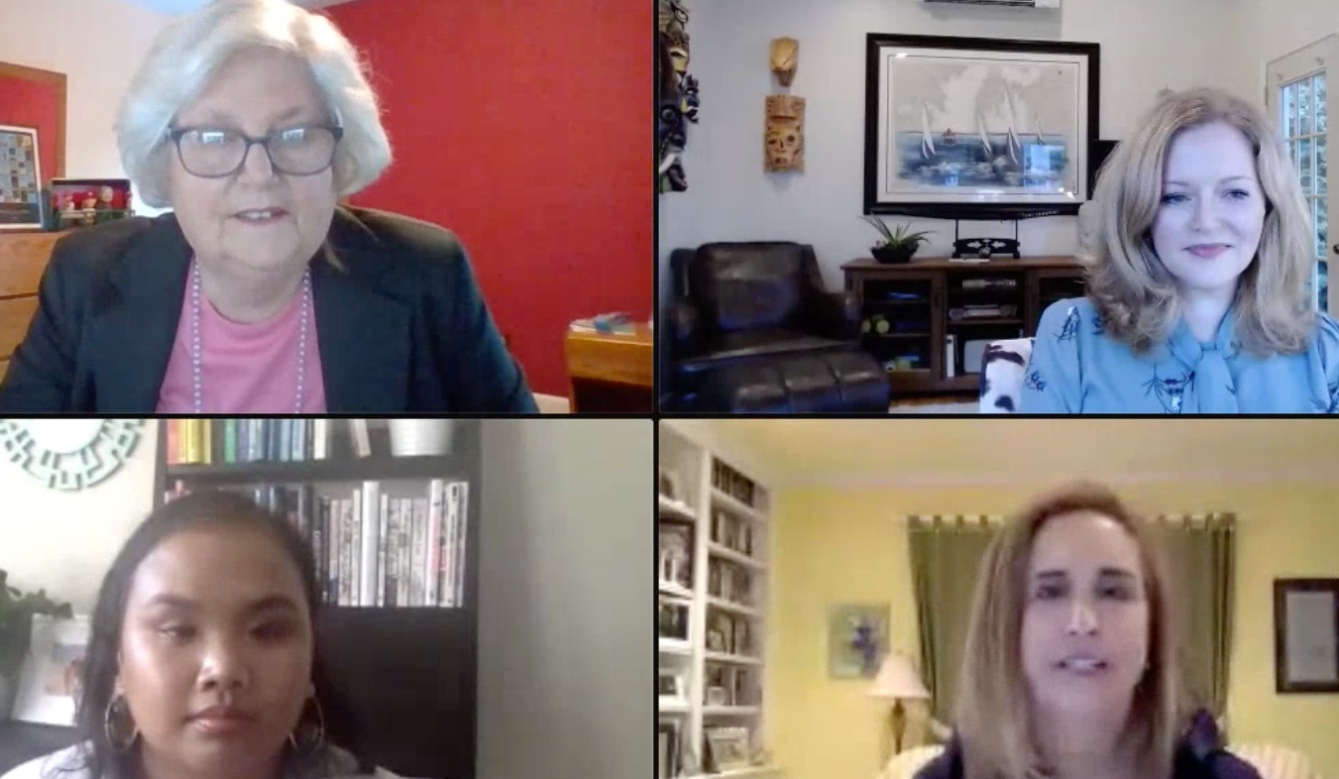
There’s finally some good news for older women. We could have the power to determine the outcome of the 2020 election.
Perhaps that is because older women also are among the most anxious voters in 2020.
“During the pandemic, older women are more worried than older men that their family will get sick, that they will get COVID and that their Social Security benefits will be cut,” says Nancy LeaMond, AARP executive vice president and chief advocacy and engagement officer. “A significant portion also are worried about affording health care and retirement, and there’s a lot of concern generally that America will become more divided. This is a generation that remembers what it was like when policy makers and public officials worked together to address long term problems.”
As one of those who can remember the good old days of political comity, I am not surprised to see polls showing older women voters trending toward Vice President Biden. Nor am I surprised to hear which issues are propelling the ballot choices of women over 50.
“Older women are among the most anxious voters,” LeaMond said during a recent panel organized by the American University Women & Politics Institute. “They were more concerned than older men about financial security and health care even before the pandemic and are even more worried now…It is almost impossible for me to overstate the anxiety level of older women as we’re going into this election.”
LeaMond noted that in 2016 Trump won the age-50-plus vote overall, although women of color over 50 favored Hillary Clinton. “The story of the last election was that the older voter, typically the older white voter of both genders, delivered mightily for President Trump.”
This cycle, LeaMond says Biden is doing “considerably better” with those over 65 as election day nears and is running about even with Trump among voters 50-64 years old. The message is that Republicans can no longer count on the support of older voters.
That message is likely to be delivered by older women. Polling by AARP found that more than 9 out of 10 (95%) women 50 and over plan to vote this year. That includes four million women voters over the age of 85.
The Women & Politics panel moderated by the institute’s director Betsy Fischer also included Melissa Deckman, professor of political science at Washington College, and Sara Guillermo, executive director of IGNITE, an organization bringing more young women into politics. All emphasized the expected high voter turnout of women across the generations.
While women only won the vote a century ago (and not all women, mostly white privileged women), in modern times women consistently outnumber men among registered voters and women of color have become a formidable force at the polls. Women also now vote more than men. In every U.S. presidential election dating back to 1984, research shows women turned out at slightly higher rates than men.
At the same time, the gender gap in partisan affiliation has been widening since 2014, according to the Pew Research Center. In 2018 and 2019, 56% of female registered voters identified as Democrats or leaned toward the Democratic Party, while 38% identified as Republicans or leaned toward the GOP. For men, 50% were Republicans or GOP leaners and 42% identified as or leaned Democratic.
In Washington State, overall women registered to vote outnumber men 2,372,842 to 2,211,468. And women 65 and older outnumber men the same age 595,368 to 513,832.

Looking at younger voters, Deckman said Gen Z women are trending left politically and that more of those young women are expected to cast ballots than their male counterparts.
Guillermo added that Gen Z voters increasingly reject Republicans and support Biden, but that support is less solid among Gen Z males.
If women turn out as the panelists predicted, especially older ones, and if women from Gen Z to those over 65 are trending toward the left, then things are looking pretty good for Biden-Harris. But the panelists offered several disclaimers and reminders that the election is not a lock for either candidate. Still, the AARP research shows that older women, so often overlooked and marginalized by society, might have a big say on November 3.
When it comes to voting, LeaMond noted: “Older women punch above their weight, particularly in key battleground states.”
Discover more from Post Alley
Subscribe to get the latest posts sent to your email.
